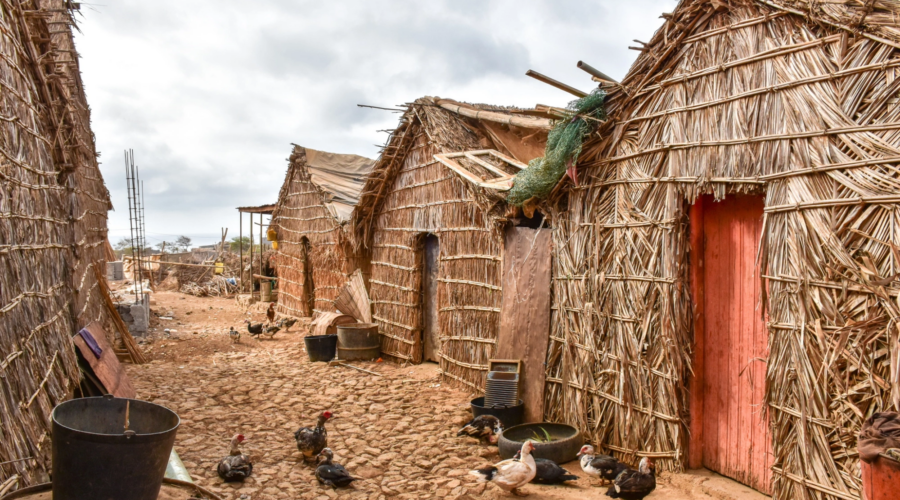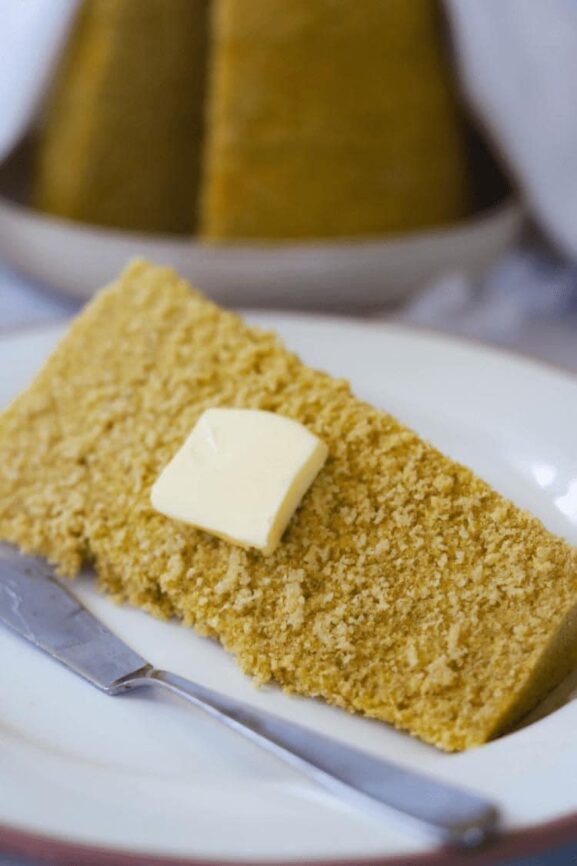Rabelados: a community that resists the changes of modernity
The Rabelados of Espinho Branco are a unique religious and cultural community living in the town of Espinho Branco, in the municipality of São Miguel, on the island of Santiago. Their history and interesting traditions attract the attention of many, making them an important cultural heritage of the country.
The word Rabelados literally means “rebel” and arose in the 1940s as a result of a schism in the local Catholic Church. Dissatisfied with changes in traditional religious practices, a group of people broke away from the official church and founded their own community with a unique Catholic allegiance.
Led by José Leitão, known as “Nho Toné”, the Rabelados settled in Espinho Branco, seeking to preserve their beliefs and autonomous way of life. These beliefs were based on a unique interpretation of the Bible, combining elements of Catholicism with traditions from the continent and popular beliefs.
They worship one God and revere Jesus Christ, but refuse certain practices of the Catholic Church, such as infant baptism and the use of religious images.
Traditional Way of Life
Life in the Espinho Branco community is marked by simplicity and a strong sense of community. The Rabelados live mainly from agriculture and fishing, using traditional and sustainable techniques. The community is also known for its handicrafts, especially the production of straw and wood objects.
The community of Rabelados has been making a living from its handicrafts, particularly painting and handicrafts, since 1997. And over time, with the help and guidance of the artist Mizá, the Rabelart space was created, where the community’s creators exhibit and sell their work to tourists and locals who visit them.
With regard to the construction of their houses, the Rabelados’ dwellings are built with simple materials such as clay, stone and straw. Social life revolves around the church and community activities such as religious festivals, collective farm work and traditional celebrations. Music and dance also play an important role in the Rabelados’ culture.
Challenges and Preservation
Over the years, the Rabelados community of Espinho Branco has faced various challenges such as discrimination and difficulties in accessing basic services. Despite the adversities, the community has endeavored to remain faithful to its traditions and values, preserving its unique identity.
Lately there has been a growing interest in learning about and preserving the Rabelados culture, including various projects aimed at promoting the sustainable development of the community and thus enhancing this cultural heritage – the Rabelados community – in order to strengthen its identity.
It should also be said that tourism has also contributed to the promotion of Rabelado culture, attracting visitors interested in getting to know this unique community.
Today, the Rabelados community has around a thousand people, and with the growth in the number of young people, many of them have chosen not to follow the traditions of Rabeladism, accepting baptism and Catholic marriage, as well as opting to build cement block houses instead of the traditional straw funco.
With regard to traditional housing, it’s worth noting that the lack of materials for making funhouses has been one of the reasons why young people prefer to make more modern houses, and that sugarcane straw, which is one of the materials used to build houses, is now used to feed animals.
With regard to these changes, it should also be said that there is now a demand from young people for medical care, as well as their presence in the education system. Although rare, some even go on to higher education, leading a different life from their ancestors.
With all this news, the leader of the Espinho Branco rebels, José Carlos Tavares, better known as Tó, and some artists, fear that traditions will be lost as the community sees and absorbs outside influences, gradually embracing change and leaving old traditions behind.
It should be noted that in mid-March this year, a fire devastated the Rabelados community, resulting in the loss of seven families’ homes and the destruction of the pasture used by local cattle farmers. As a result, the mayor of São Miguel has shown his readiness to help the community in any way he can, and on social media, some people have been touched by the situation and have organized fundraising campaigns to help this community, which has existed for more than 70 years.



